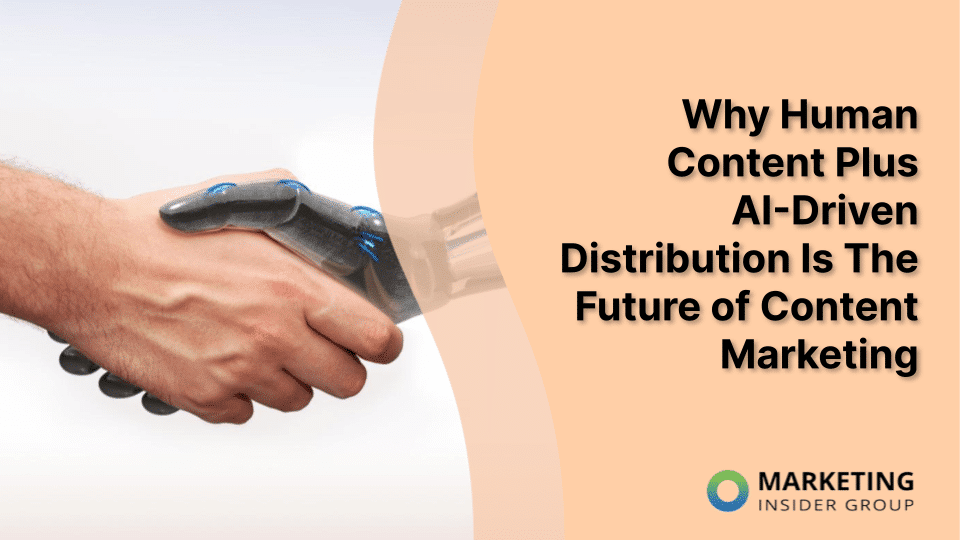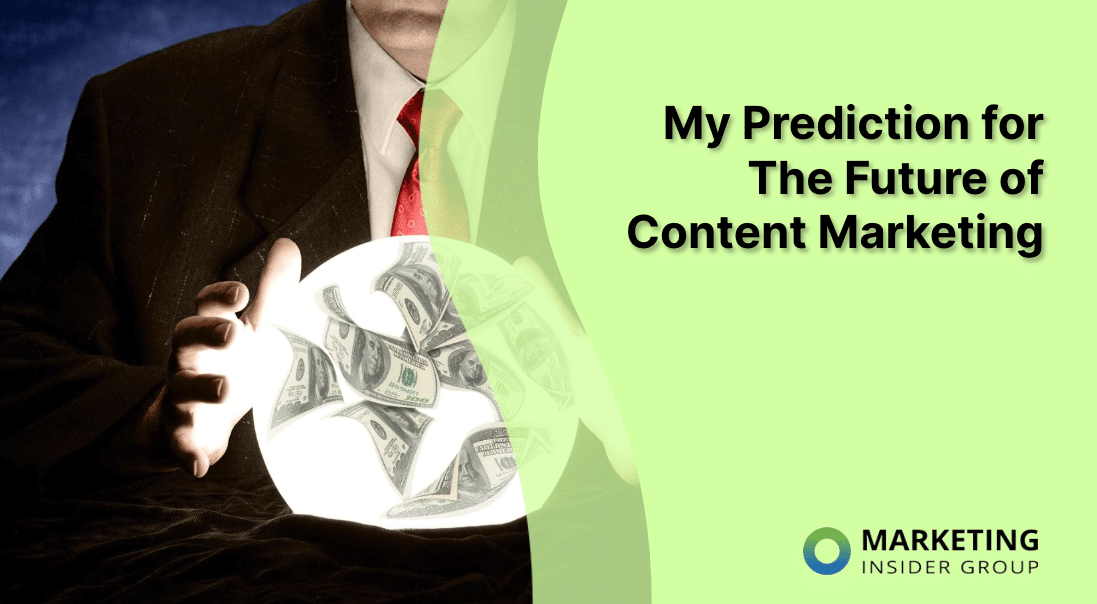
Can Your CRM Predict the Future?
91% of leading marketers are already using or are fully committed to predictive marketing. Today, the majority of CRM vendors offer some level of predictive analytics capabilities within their software. And the majority of marketers who use predictive analytics—alongside a CRM—are thriving, achieving better ROI and maximizing the lifetime value of a customer. But the value and potential of predictive analytics are still underestimated by nearly 50% of marketers. A joint study by EverString and Forrester found that only 49% of B2B marketers are ‘predictive marketers,’ while 51% aren’t currently using predictive analytics.
The marketers who use predictive analytics to make smarter decisions, are 1.8 times more likely to exceed shared organizational goals than non-predictive marketers and are more effective across the entire buyer lifecycle – from generating qualified leads to monitoring and improving brand sentiment.
Non-predictive marketers, on the other hand, tend to be limited to stage one success. They can learn about their target audience and build brand equity but when it comes to predicting customers’ wants and needs to close a sale, encourage customer loyalty and prevent abandonment, the data-backed insights required to make smarter decisions aren’t there. The fact is, predictive analytics is probably the most powerful retention tool there is.
Through algorithms, predictive analytics can calculate a variety of factors and then generate a ‘prediction’ by indicating which choices your customers might make or what direction your market may be heading in. For example:
- What products, features, or changes to the customer experience are most likely to motivate more sales and less churn?
- When is a customer likely to leave and what are the chances they will if a certain effort is made?
- How much value will a customer bring if you make a certain offer or take another action to attempt to retain them?
- What type of offer will most likely to resonate with a customer and help to close a deal, upsell or keep them from switching to a competitor?
Are you using a predictive CRM? Does your team have the resources – either a trained data analyst or marketer with experience in predictive analytics – to get the most out of your Customer Relationship Management software and other tools? Here’s a look at some of the advantages of using predictive analytics in your marketing. The more you know about what it can offer and how it can impact your strategy for the entire sales funnel, the more equipped you are to join the ranks of predictive marketers.
More Effective Content Distribution
A good content marketing strategy adds value to your brand, builds trust, and helps to forge stronger bonds with customers. It establishes your organization as an industry thought leader. The right content delivered at the right time to the right target groups or individuals will also prove your value to customers. Your target audience will perceive your organization as an essential tool to stay connected to all those relevant, well-timed educational resources, industry news updates, thought-provoking perspectives and more. But, for many marketers, when it comes to content marketing, the struggle is in ROI. What if you aren’t resonating with your target audience? Or your current customers aren’t tuning in to your content?
That’s where using PA to predict the smartest channels to use, knowing which types of content your audience is looking for and when to distribute, can save your strategy. The data your CRM collects contains the how, when, where, why and how many interactions your prospects, leads and customers make with your content. Through predictive analysis, you can get the insights you need to make wiser content distribution decisions.
Enhanced Personalization
Personalization continues to be a major marketing priority across the board. How would you rate your organization’s personalization techniques? If you’re still meddling with personalization basics:
- Personalized messaging that gets some of the facts wrong about your recipient is a turn off
- Missing golden opportunities because your CRM isn’t capable of real-time personalization
- Making suggestions that aren’t actually relevant will drive your customers to look for a provider with a better predictive CRM
Sophisticated personalization, fed by CRM that leverages AI to create increasingly relevant CTAs, personalized videos, product suggestions and more, is a better approach. By 2020, 51% of consumers will expect brands to anticipate their needs and make relevant suggestions. Predictive CRM algorithms scan social media data, website interactions, transactional data and other info to identify key customer traits and continually update this customer information as the data evolves.
Increasingly Accurate Predicted Lifetime Customer Value
One of the most important customer relationship KPIs is customer lifetime value (CLV). It’s the expected net value of a customer over the expected time period for the relationship. CLV takes a bird’s eye view of a customer’s worth to your organization. When you get CLV wrong, you’re at risk of making serious – and costly – marketing mistakes. You need to know how much effort to expend when acquiring and keeping a customer. When they’re thinking of moving on, you need to have an objective, data-driven answer for when to let go. And, you need to be able to update this value as it changes over time. Based on certain customer decisions, actions and other data, your CRM’s algorithms should show you when a customer’s CLV changes.
In the pre-predictive CRM era, marketers would look at the averages of historical purchase behavior to predict customer lifetime value. The problem with this approach is that it assumes customers share similar behavior patterns. But this is rarely the case. With predictive modeling, it’s possible to identify patterns in different groups of customers.
For example, Customer A may have a CLV of $5,000 where Customer B may have a predicted worth of $500. With this information, marketers can decide where to dedicate more marketing dollars and where to tighten spending. With predictive modeling, you can learn the CLV of a newly acquired customer, using what buying patterns you already know to predict future value with a regression model. Then, as more data comes in with each new transaction or interaction, the CLV can become more accurate over time.
Looking Ahead Before Your Competitors Do
Predictive analytics doesn’t just help marketers make better decisions. With AI and advanced modeling, today’s predictive marketers continually refine their decision making as newer data plugged into CRM algorithms yields smarter, continuously updated results. While half of marketers are already using predictive analytics, 4 out of 5 of those who aren’t, are planning on implementing the technology soon. In order to remain competitive, use all the data you have at your fingertips. That’s what it’s there for. A data scientist can build predictive models that are specifically tailored to your business and your target audience, offering not only insights, but an accurate, data-driven, crystal clear view into the future of your business.






